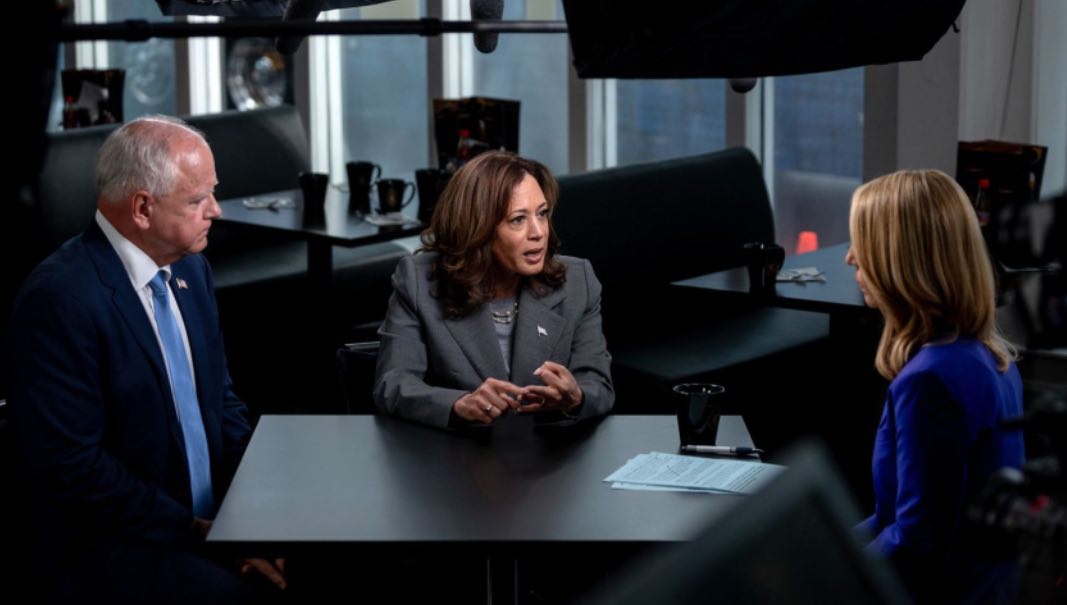Is Iran America’s number one enemy?
Is Iran America’s number one enemy? Kamala Harris, the Vice President of the United States, who is currently the main Democratic rival against Donald Trump, the Republican candidate in the upcoming U.S. presidential election, has a heated geopolitical perspective: Iran, not China, is the greatest threat to the United States.
However, some in Washington’s national security circles and across the U.S. political spectrum strongly oppose such a viewpoint.
In a scene from her interview on CBS’s 60 Minutes with Bill Whitaker, the U.S. Vice President was asked who she considers the greatest enemy of the country, to which she replied that Iran’s hands are stained with American blood.
Harris also pointed to Tehran’s ballistic missile attack on Israel last week as evidence of Iran’s capabilities and said, ‘What we must do to ensure that Iran never gains the ability to become a nuclear power is one of my main priorities.’
Her remarks raised the question in the American national security world: ‘What about China?’ Rebeccah Heinrichs from the Hudson Institute responded to this question by saying, ‘I really don’t know anyone working in national security who would answer this question by saying Iran.’
Heinrichs and other national security analysts we spoke to listed several reasons: China has the most advanced economy and military that can compete with the United States, it has the largest espionage operations in the U.S. based on publicly available information, it has a growing navy that can challenge U.S. naval power, and it has a rapidly expanding nuclear weapons program preparing to compete with America’s stockpiles in the coming decades.
Harris’s claim even contradicts the Biden administration’s national security strategy in 2022, which identifies China as the most significant geopolitical challenge for America.
That strategy mentioned China over 50 times and only eight times referred to Iran, although it was published a year before the October 7 attacks on Israel, which have placed Iran and its proxy network in the spotlight and plunged the Middle East into crisis against Israel.
Harris’s campaign spokesperson, Morgan Finkelstein, declined to provide further explanations on this matter.
Even Middle East experts agree with the consensus that China, not Iran, is the main threat to Washington.
David Schenker, who served as Assistant Secretary of State for Near Eastern Affairs during Donald Trump’s administration, told Netsec Daily, a media outlet of the U.S. National Security Council, that Iran is a significant threat but added that there’s little debate that China, Russia, and North Korea are at the top of the threat list.
This view of prioritizing China’s threat to America is also seen on the left side of the political spectrum.
According to Sina Toossi, a researcher at the progressive Center for International Policy, the problem with Harris’s remarks is that they misrepresent Iran’s capabilities and exaggerate Iran’s power and influence in the region. These remarks could also increase the likelihood of further conflict between the United States and Iran.

